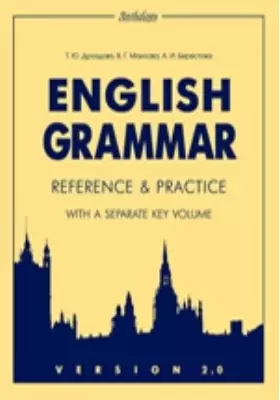English Grammar = Грамматика английского языка
Автор: Татьяна Дроздова, Вероника Маилова, Алла Берестова
Форматы: PDF
Издательство: Антология
Год: 2012
Место издания: Санкт-Петербург
ISBN: 978-5-94962-165-3
Страниц: 424
Артикул: 58189
Возрастная маркировка: 12+
Краткая аннотация книги "English Grammar"
Учебное пособие по грамматике английского языка для учащихся общеобразовательных учреждений с углубленным изучением английского языка и студентов вузов. Новое переработанное издание включает 16 тематических разделов, множество таблиц и примеров, свыше 800 упражнений, рассчитанных на разные уровни языковой подготовки, новые коммуникативные упражнения. Большинство упражнений выполнено в виде «рабочей тетради». Отдельной книгой изданы ответы-ключи The Keys.
Содержание книги "English Grammar"
THE VERB
1. The Verb "to be"
2. "There be" Construction
3. The Verb "to have"
4. English Tenses Active
5. The Simple Forms
6. The Continuous Forms
7. Talking about the Future
8. The Perfect Forms
9. The Perfect Continuous Forms
10. Revision on Tenses
11. Tests
MODAL VERBS
1. Definition
2. "Can"
3. "May"
4. "Must"
5. "Should" and "Ought to"
6. "Need"
7. Revision
8. Tests
THE PASSIVE VOICE
1. Formation of the Passive Voice
2. Uses of the Passive Voice Peculiar to the English Language
3. Revision
4. Tests
QUESTIONS AND NEGATIVES
THE SEQUENCE OF TENSES
1. General Rules
2. Revision
3. Tests
DIRECT AND INDIRECT SPEECH
1. Indirect Statement
2. Indirect Command and Request
3. Indirect Questions
4. Reporting a Dialogue or a Conversation
5. Revision
THE SUBJUNCTIVE MOOD
1. Conditional Sentences
2. Making a Wish
3. Revision
4. Tests
THE NOUN
1. Formation of Nouns
2. Classification of Nouns
3. The Category of Number
4. The Category of Case
5. Tests
THE ARTICLE
1. Use of Articles with Common Nouns
2. Use of Articles with Nouns of Material and Abstract Nouns
3. Use of Articles with Proper Nouns
4. Special Difficulties in the Use of Articles
5. Use of Articles in Some Set Expressions
6. Tests
THE PRONOUN
1. Classification of Pronouns
2. Tests
THE ADJECTIVE
1. Formation of Adjectives
2. Word Order: Adjective Noun
3. The Comparison of Adjectives
4. Tests
THE ADVERB
1. Definition, Forms and Place
2. Classification of Adverbs
3. Revision
4. Tests
THE VERBALS (the non-finite forms of the verb)
1. The Gerund
2. The Infinitive
3. The Participle
THE PREPOSITION
1. Definition
2. Prepositions of Place
3. Prepositions of Direction
4. Some Prepositions Confused
5. Revision
6. Prepositions with Forms of Transport
7. The Prepositions of Time
8. Prepositions Expressing Abstract Relations
9. Composite Prepositions
10. Revision
11. Use of Prepositions in Set Expressions
12. Tests
THE COMPOUND SENTENCE AND THE COMPLEX SENTENCE
1. The Compound Sentence
2. The Complex Sentence
EMPHASIS
1. The Emphatic "Do"
2. Double Negation
3. The Emphatic Construction "It is ... that/which/who/whom"
4. The Emphatic Construction "It is not until ... that"
5. The Emphatic "Not ... till/until"
6. Tests
APPENDICES
Appendix 1. List of Grammar Terms and Key Words
Appendix 2. List of Irregular Verbs
Appendix 3. Irregular and Regular Verbs: Confusing Forms
Appendix 4. Regular Verbs: Spelling Rules
Appendix 5. Place and Order of Adverbs in a Sentence
Appendix 6. American English
Appendix 7. Punctuation
Appendix 8. Prepositions and Homonymous Adverbs. Meaning and Use
Literature
Все отзывы о книге English Grammar . Reference and Practice. Version 2.0
Отрывок из книги English Grammar . Reference and Practice. Version 2.0
THE S I M P L E F O R M S b. If a verb ends in a consonant preceded by a short stressed vowel, the final consonant is doubled: to s t op - sto p pe d to s ob - so b be d to s u b m it - s u b m it te d to plan - pla nned to stir - sti r re d final r is doubled if it is preceded by a stressed vowel: to o c cU r - o c c ur re d to prefEr - preferred to refEr - referred final r is not doubled when preceded by a diphthong: to a p pe a r - app e a re d final / is doubled if it is preceded by a short vowel, stressed or unstressed: to c o m p el - compelled to quarrel - quarrelled AFFIRMATIVE NEGATIVE INTERROGATIVE I/he w o r k e d / w r o t e v I/he d i d n o t w o r k / w r i t e Did I/he w o r k / w r i t e ? I/he w o r k e d / w r o t e v I/he d i d n ' t w o r k / w r i t e Did I/he w o r k / w r i t e ? The Past Simp/e may denote: 1. An action performed in the past: • We e n t e r e d the house in silence. • He m e t us at the station. 2. A succession of past actions: • He s h u t the window, s w i t c h e d off the light and w e n t upstairs. 3. A repeated action in the past: • He m a d e an entry in his diary every night. The Past Simp/e is used with the following adverbials of time: yesterday, last night/week/ month/year/Monday, two days/weeks/months ago, then, in 1993/1825, etc. These adverbials go either at the beginning or at the end of a sentence: • I saw him y e s t e r d a y . • L a s t w e e k , he returned from a business trip. N O T E : Repeated actions are often expressed by used to + Infinitive, would + Infinitive. USED TO WOULD «раньше», «когда-то», «бывало» - refers to regular events in the past which are now finished or different. It can refer to past actions, habits or states («раньше», «когда-то»). U s e d t o is only past! • (When I was young) I u s e d t o w o r k much. • Did you u s e t o c o l l e c t stamps? • He d i d n ' t u s e t o b e very punctual. - refers to typical behaviour or an action ...
С книгой "English Grammar" читают
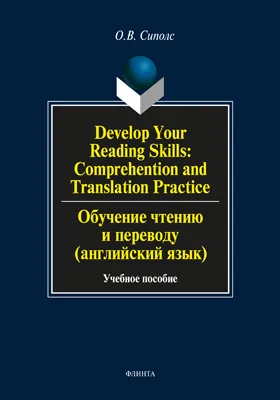
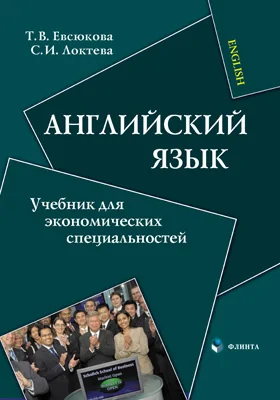
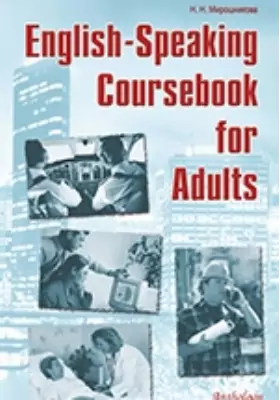

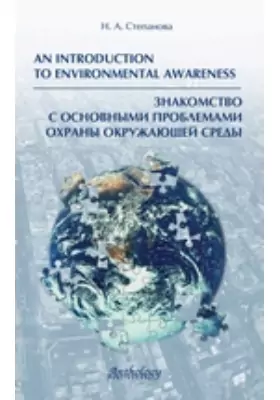
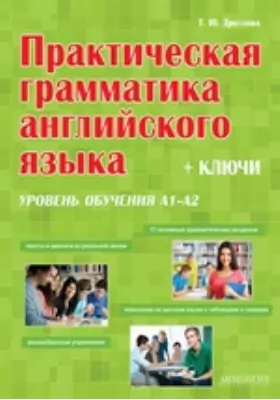
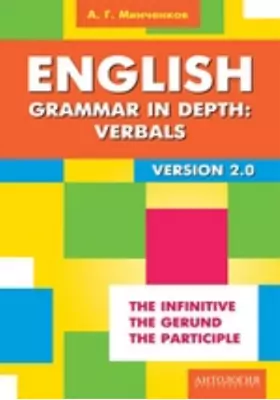


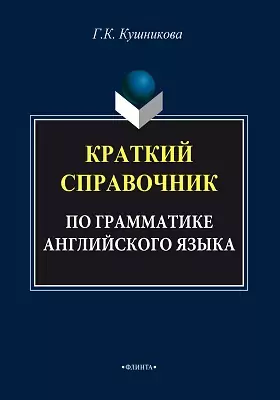
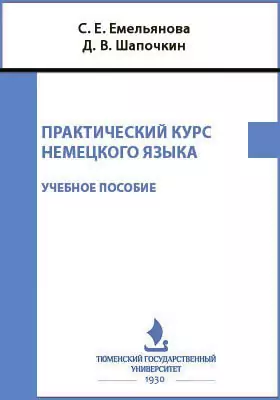
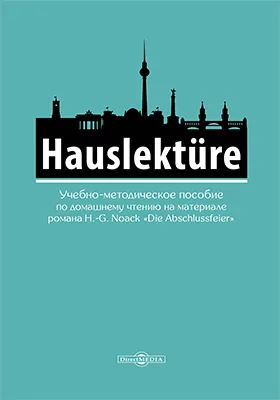

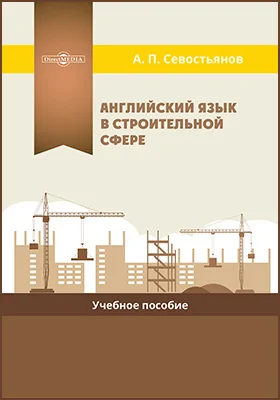

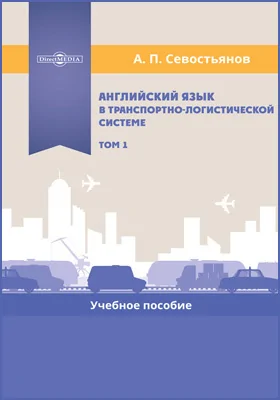
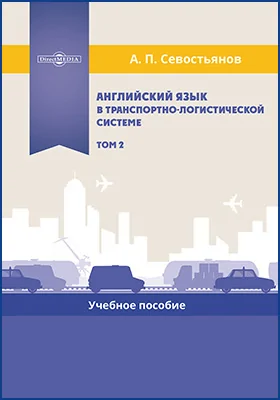
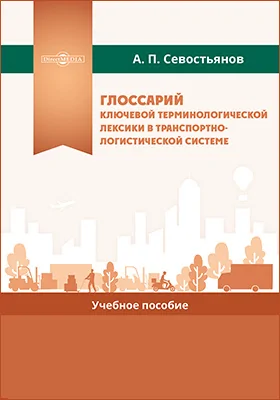
Бестселлеры нон-фикшн
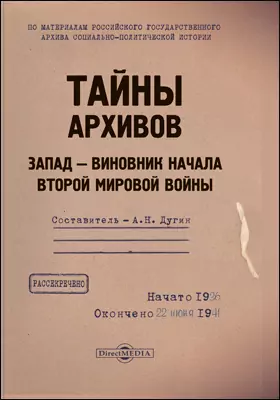


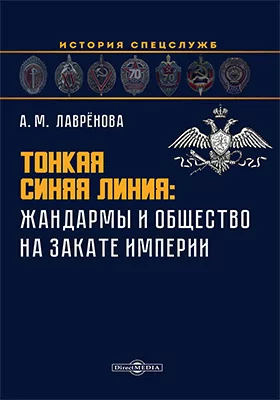
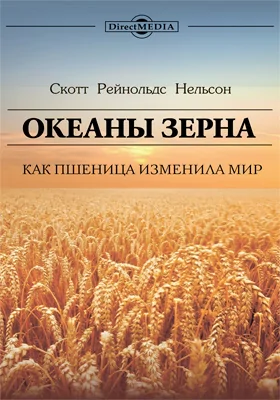
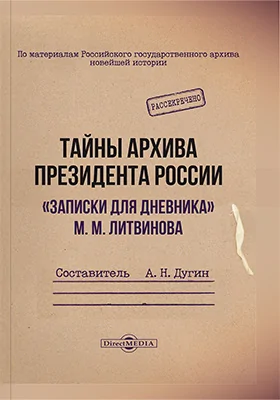
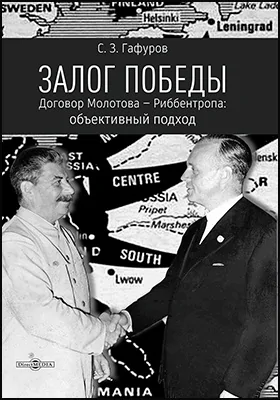
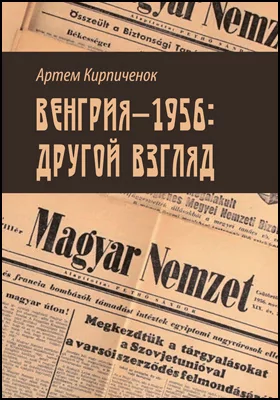
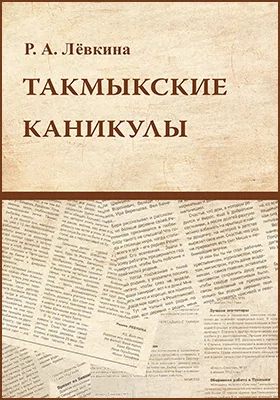
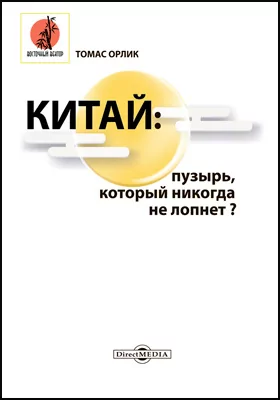

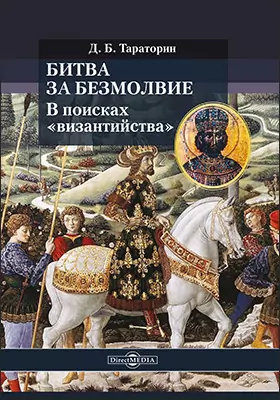

Новинки книги нон-фикшн

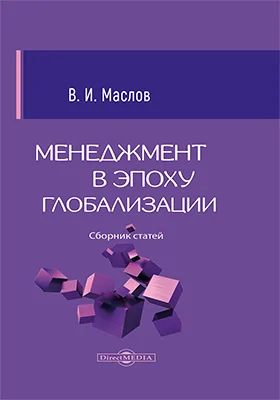
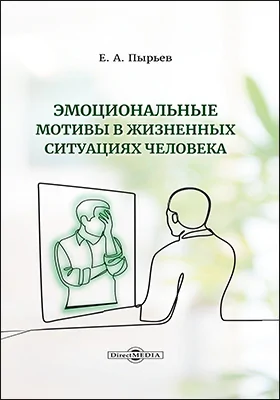

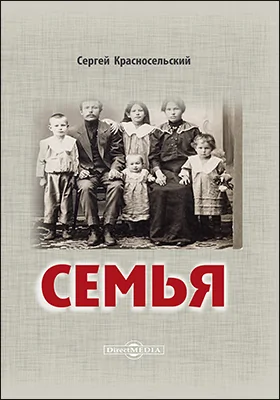
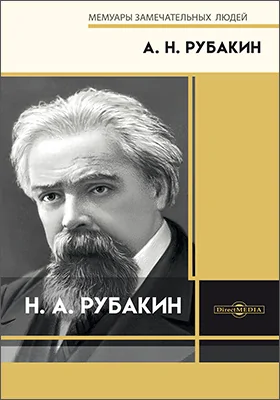
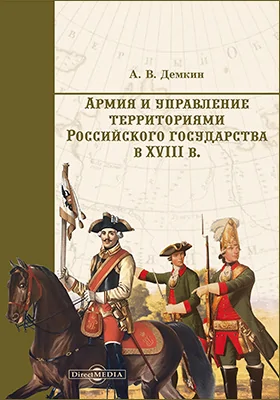


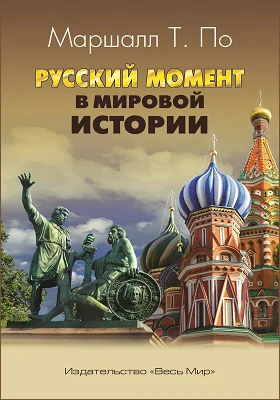

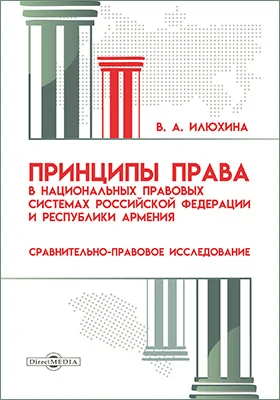

Дроздова Т. Ю. другие книги автора
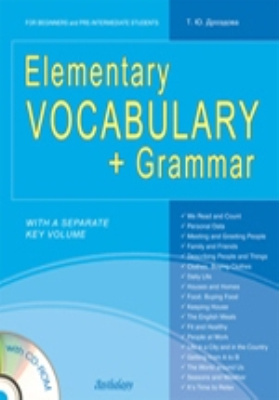
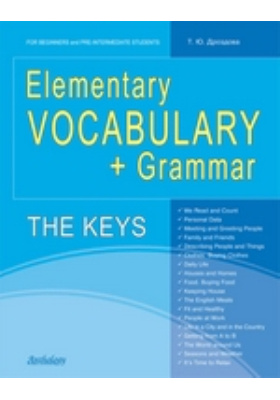
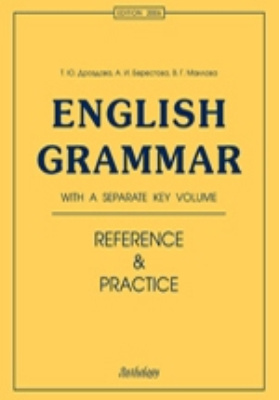
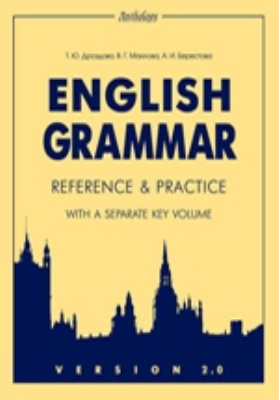
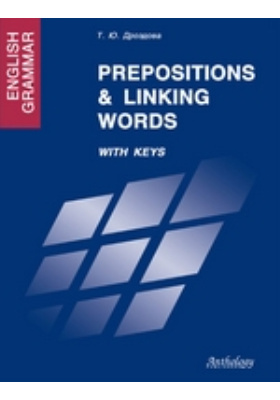
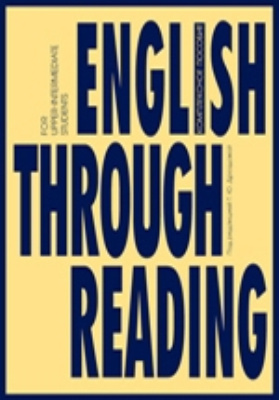
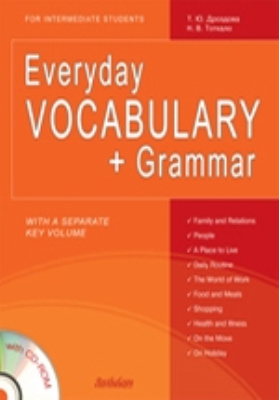
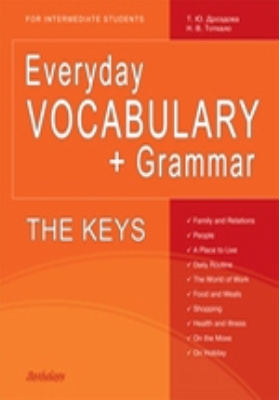

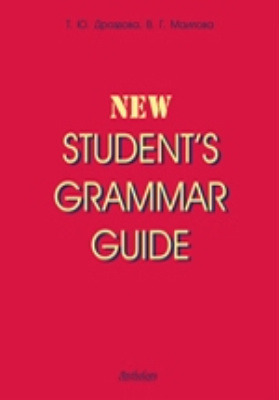
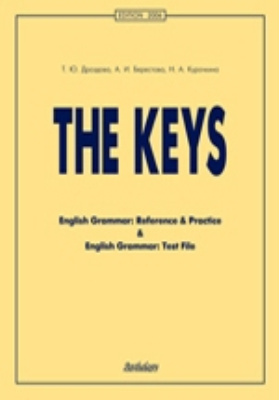
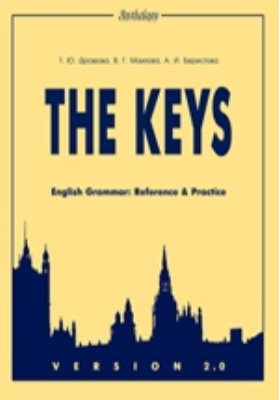
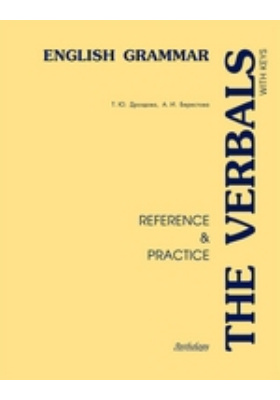
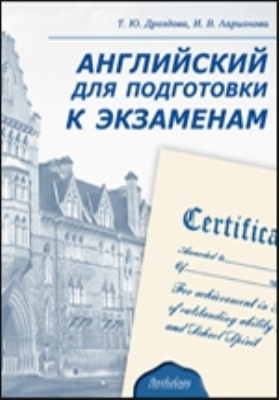
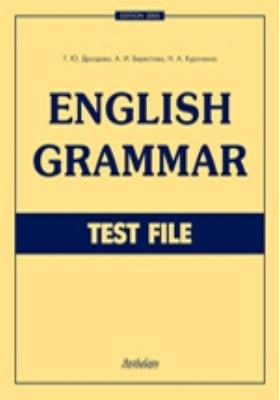
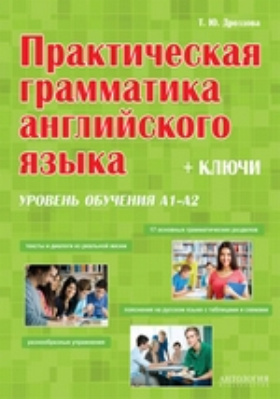
и мы свяжемся с вами в течение 15 минут
за оставленную заявку

